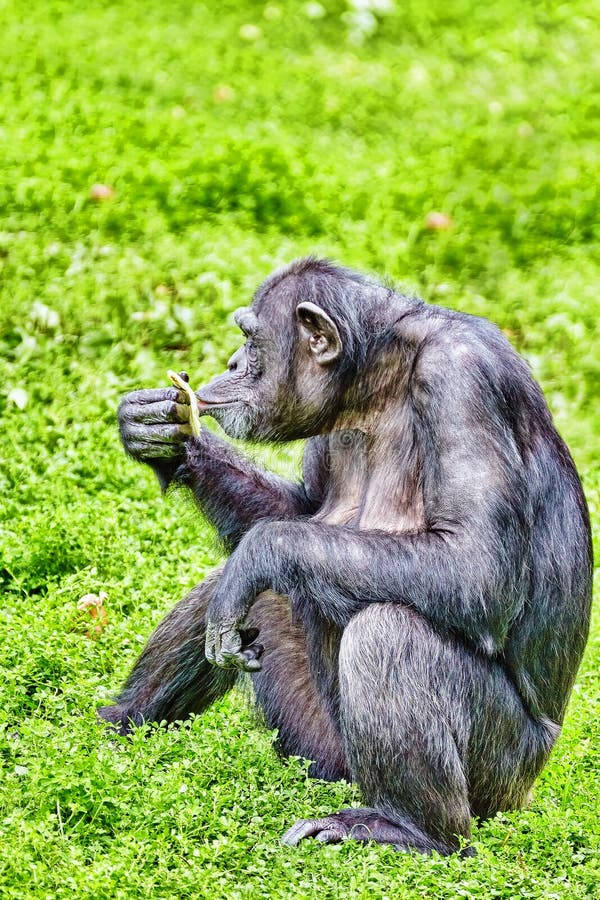

On June 25, 2008, Spain became the first country to announce that it will extend rights to the great apes in accordance with GAP's proposals. Blakemore, while stressing he saw no "immediate need" to lift the ban, argued "that under certain circumstances, such as the emergence of a lethal pandemic virus that only affected the great apes, including man, then experiments on chimps, orang-utans and even gorillas may become necessary." The British Union for the Abolition of Vivisection described Blakemore's stance as "backward-looking." In 1999, New Zealand was the first country to ban experimentation on great apes by law.

In 2006 the permanency of the UK ban was questioned by Colin Blakemore, head of the Medical Research Council. The cognitive and behavioural characteristics and qualities of these animals mean it is unethical to treat them as expendable for research." Britain continues to use other primates in laboratories, such as macaques and marmosets. Announcing the UK’s ban, the British Home Secretary said: "his is a matter of morality. In 1997, the United Kingdom announced a policy of no longer granting licenses for research involving great apes, the first ever measure to ban primate use in research. The status of non-human primates has generated much debate, particularly through the Great Ape Project (GAP), which argues that great apes ( gorillas, orangutans, chimpanzees, bonobos) should be given limited legal status and the protection of three basic interests: the right to live, the protection of individual liberty, and the prohibition of torture. Non-human primates are not classified as persons in most jurisdictions, which largely means their individual interests have no formal recognition or protection. Human beings are recognized as persons and protected in law by the United Nations Universal Declaration of Human Rights and by all governments to varying degrees. Legal status įurther information: Great ape research ban The British Union for the Abolition of Vivisection argues that the Weatherall report failed to address "the welfare needs and moral case for subjecting these sensitive, intelligent creatures to a lifetime of suffering in UK labs". In December 2006, an inquiry chaired by Sir David Weatherall, emeritus professor of medicine at Oxford University, concluded that there is a "strong scientific and moral case" for using primates in some research. Some primate researchers have abandoned their studies because of threats or attacks. According to the Nuffield Council on Bioethics, NHPs are used because their brains share structural and functional features with human brains, but "while this similarity has scientific advantages, it poses some difficult ethical problems, because of an increased likelihood that primates experience pain and suffering in ways that are similar to humans." Some of the most publicized attacks on animal research facilities by animal rights groups have occurred because of primate research. Most are purpose-bred, while some are caught in the wild. Around 65,000 NHPs are used every year in the United States, and around 7,000 across the European Union. Experiments involving non-human primates (NHPs) include toxicity testing for medical and non-medical substances studies of infectious disease, such as HIV and hepatitis neurological studies behavior and cognition reproduction genetics and xenotransplantation.


 0 kommentar(er)
0 kommentar(er)
